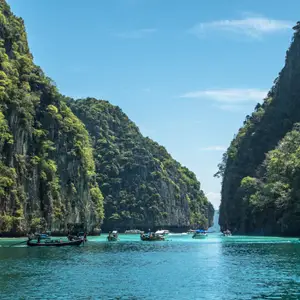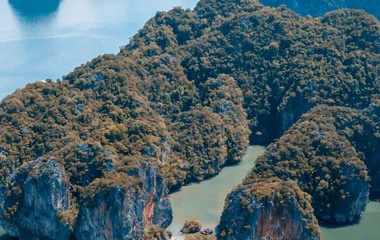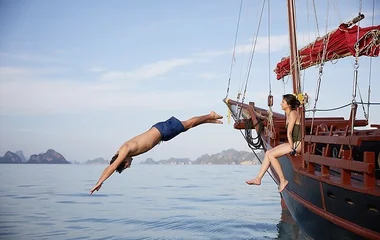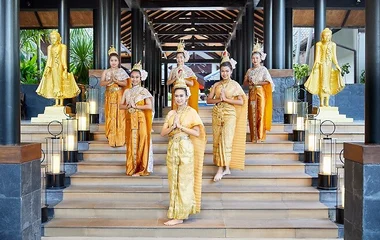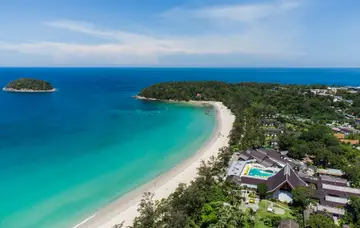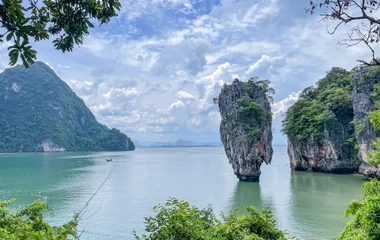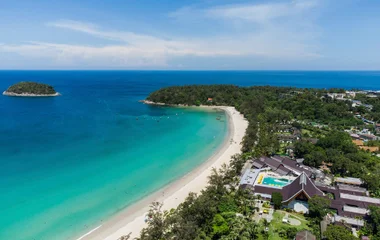
History
Phuket was formerly known as Thalang. This name was derived from the word "telong" which means cape in old Malay. In fact, the northern district of Phuket which used to be the old capital still uses this name. To the West, it was known as Junk Ceylon or Junkceylon. You can still find this name today at Phuket's own Junkceylon Shopping Mall and Night Market.
In Western documents, Phuket Island, or Thalang was already a regular destination port for trading vessels in 16th century. It has continued to be a hot location for traders from the Dutch, English, and French, to being targeted by a failed Burmese invasion in 1785.
